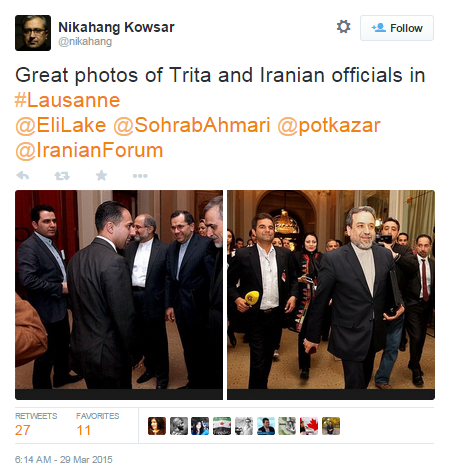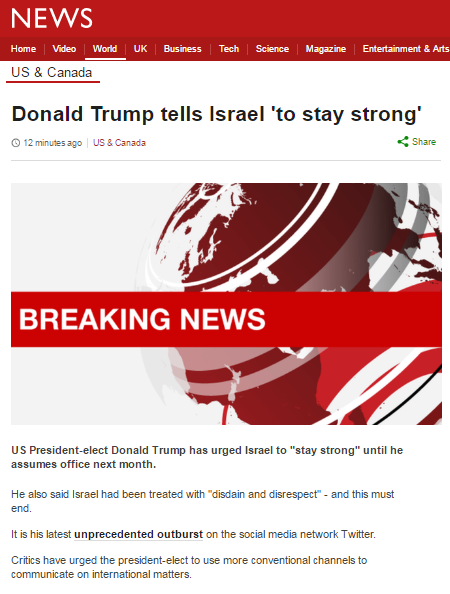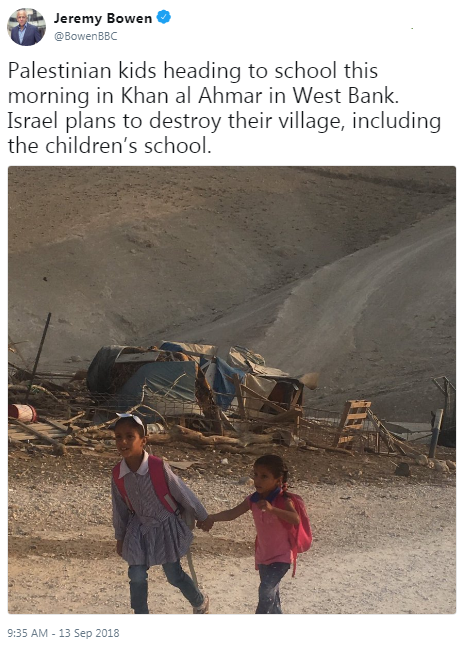As the P5+1 talks with Iran dragged on and overshot their deadline last week in Lausanne, consumers of the mainstream media often found themselves reading or hearing content largely devoid of actual useful information produced by large numbers of attending journalists with nothing significant to report – and the BBC was no exception.
Among the pre-announcement reports offered to BBC audiences was an article by Lyse Doucet which appeared on the BBC News website on March 30th under the title “Sense of history as Iran nuclear talks go to the wire“. In that report readers were presented with the views of representatives from the International Crisis Group and the National Iranian American Council (NIAC) without any attempt being made to clarify to audiences the agendas of those organisations.
“Some Iranians reach back to another history and look to turn its page in the gilded halls of Lausanne’s Beau-Rivage Palace hotel.
“From 1813 on, Iran’s interaction with world powers has largely been one of continuous defeats,” says Trita Parsi, founder and president of the Washington-based National Iranian American Council.
“This could be the first time in 200 years that, without a war, Iran would emerge from a conflict without losing.”
Mr Parsi argues that Iran’s hardliners who remain deeply suspicious of the West, including Supreme Leader Ayatollah Khamenei, could find ways to hail it as their success.” […]
“Iran and the West will not become best friends,” points out Reza Marashi, research director at the National Iranian American Council. “But they will move from enemies to rivals, with the possibility of resolving issues through diplomats.”
The BBC World Service radio programme ‘Newsday’ also interviewed Trita Parsi – again with no attempt made to provide listeners with the necessary background information about his organization which would enable them to put his assessment of the topic into context.
As we know, the BBC’s editorial guidelines on impartiality state:
“We should not automatically assume that contributors from other organisations (such as academics, journalists, researchers and representatives of charities) are unbiased and we may need to make it clear to the audience when contributors are associated with a particular viewpoint, if it is not apparent from their contribution or from the context in which their contribution is made.”
It would therefore have been appropriate and relevant to inform BBC audiences that the National Iranian American Council – headed by Trita Parsi – is regarded by some as a lobbying organization for the Iranian regime.




